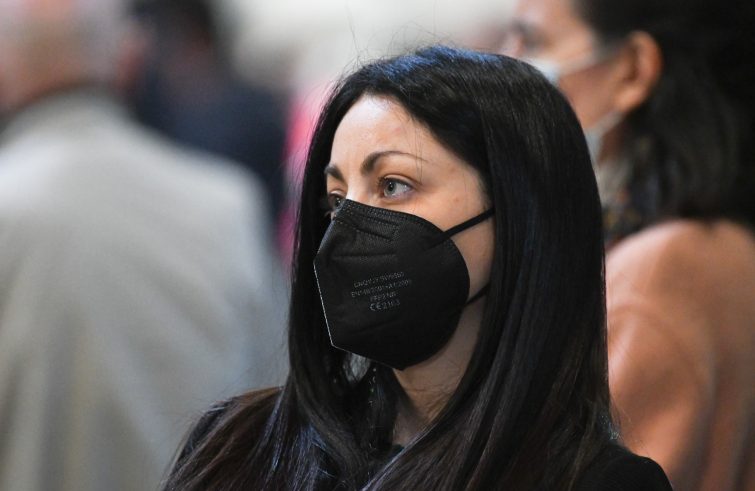
They proved this powerfully during the pandemic. Women made a huge contribution by working alongside young people with online lessons, caring for the most vulnerable in healthcare settings, leaving no one behind, in the various social services. For this reason, “it is essential now more than ever to give answers, including in political agendas, that may enhance and recognize this important role that women play in our societies”, said Nicolas Schmit, European Commissioner for Employment and Social Rights, speaking at a Conference co-organised by the Commission of the Bishops’ Conferences of the European Union (COMECE) and the Federation of Catholic Family Associations in Europe (FAFCE) on “The European Care Strategy: Responding to challenges faced by women in times of (post-) pandemic.” “When the pandemic broke out two years ago,” said the EU Commissioner, “we immediately noticed its disproportionate impact on women. Women have been actively engaged in many areas of society, strongly exposed to the virus as frontline workers, in health care professions, mostly as nurses, teachers, cleaners and carers. Women with low-paid and precarious jobs are the ones most affected by this crisis.” To mark International Women’s Day (March 8), the European Parliament commissioned a dedicated survey among European women to assess the extent to which the pandemic affected various areas of their lives.
The survey found that “the pandemic crisis aggravated gender inequalities and reversed the progress that had been made in previous years.” But we have the tools to turn the tide again. One just has to use them.
In this respect, Schmit recalled that last September 7 the European Commission presented its European Care Strategy plan, aimed at “investing in high quality care” and therefore – he said – “also at improving women’s participation in the labour market and gender equality, notably the gender pay gap and the gender pension gap.”
Unfortunately, the overall picture of women’s condition, presented by Shannon Pfohman of Caritas Europe, is marred by many shadows. The fact that 75% of informal carers are women, highlights major gender inequalities and places a greater burden on women than on men, which often causes their – partial or total – exclusion from the labour market or the acceptance of lower incomes. Caritas warns: “this imbalance and low wages in the care sector are major contributing factors to the phenomenon of the feminisation of poverty in Europe, with women more likely to experience poverty in later life than men, and thus are more likely unable to afford longterm care.” Caritas Europe warmly welcomes the European Care Strategy’s recommendations. “While the Strategy is not perfect – Pfohman remarks- it does address a set of challenges on which Caritas Europe has been raising alarm bells for years and it attempts to provide a European proposal to a European challenge.”
Again, the priority today is “to address the gender care gap by ensuring fair and dignified working conditions and wages in long-term care.”
The Conference provided an opportunity to share information on the realities that so many European women are experiencing and facing. Speakers included Dana Bachmann; Dobrochna Bach-Golecka, Professor of European Law at the University of Warsaw, who spoke from an international legal perspective on full equality of human rights between men and women; Margarita De la Pisa, MEP, member of the European Parliament’s Committee on Employment, who underlined the fact that the Covid experience has given many people the opportunity to appreciate family relationships for the first time. In the concluding remarks of her speech, delivered via Zoom platform, Dolores Sanchez, from the Dicastery for Promoting Integral Human Development, highlighted the need to restore due importance to “care” by acknowledging its relevance “in the public domain, not only in the private sphere”. In this respect, the representative of the Vatican Dicastery cited the words of Pope Francis in Laudato Si’ on the value of ‘care’:
“If we acknowledge the value and the fragility of nature and, at the same time, our God-given abilities, we can finally leave behind the modern myth of unlimited material progress. A fragile world, entrusted by God to human care, challenges us to devise intelligent ways of directing, developing and limiting our power.”










